7 Data Science Specializations You Should Pursue If You Want to Get Ahead
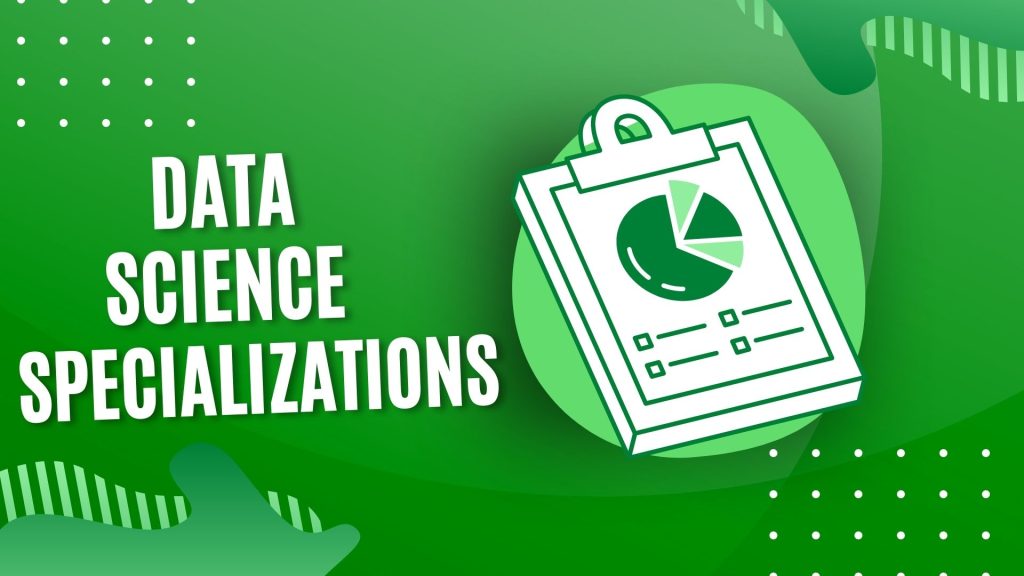
In the world of data science, there are endless possibilities for career progression. Whether you want to become a data scientist or strengthen your resume in preparation for a job change, you’ll find something that fits your needs and goals.
You don’t have to be an expert in every domain to succeed. Instead, we encourage you to specialize in one aspect and learn everything you can about it. This not only gives you a competitive edge in your current role but also helps you explore different roles down the road.
If you want to rise up the ranks as quickly as possible, consider pursuing one of these 7 data science specializations.
1. Statistical Analysis
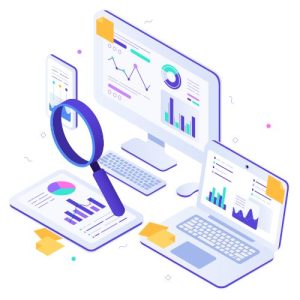
Statistical analysis is a crucial component of any data science process. You’ll be able to make sense of large amounts of data, discover patterns and explain results in a meaningful way. It’s also helpful to understand how to turn data into information and how to use tools to handle various data types.
Depending on your degree, you could find yourself with a concentration in analytics, statistics, or a more specific subfield, like biostatistics. This can help you narrow your focus and avoid overgeneralizing or getting lost in the breadth of the field. There are plenty of opportunities to hone your statistical skills as a data scientist. You could offer consulting services, conduct research, or even run your own company.
Statistical analysis for data science involves the use of statistics to examine and understand the data. For example, it may include techniques for identifying patterns and correlations in data, hypothesis testing, and designing experiments to verify or disprove hypotheses. You’ll hone in on skills such as descriptive statistics, inferential statistics, and regression analysis.
2. Data Analysis
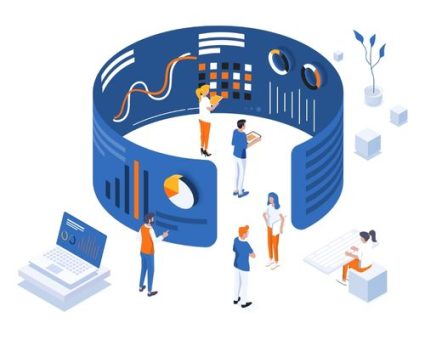
Once you have the data you need, you’ll need to analyze it. This might involve visualizing the data, drawing conclusions from it, or looking for patterns and trends. You’ll also need to make sense of the data’s structure and determine appropriate methods for processing it.
As such, you could focus your education on data analysis, business analytics, or statistics-related fields. Whichever you choose, make sure you’re up to speed on the latest methodologies and tools. This will give you an edge in your current job and also help you find new opportunities down the line.
Data analysts collect, organize, and analyze data to derive insights that help organizations make informed decisions. They may use a variety of tools and techniques to get the data they need, including data mining, data analysis, and data visualization.
3. Data Engineering

Data engineering involves using tools like Hadoop and Apache Spark to process and store large amounts of data. You can use these tools to process data quickly, store the data in a durable fashion, and serve it to other systems.
This is a crucial role in any data-driven organization, which needs data engineers to build pipelines and make use of ETL processes. It’s also helpful to have experience in one of the related fields.
4. Business Intelligence
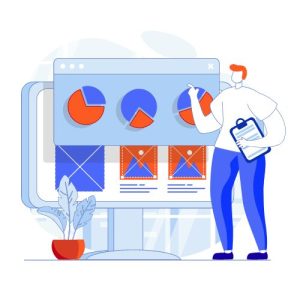
Business intelligence is a broad term that covers a variety of data science tasks. You might analyze data to discover insights into customers’ needs and preferences, recommend improvements to operations, or build custom tools for internal use.
Depending on your degree, you could find yourself in one of the following roles: a BI analyst, BI engineer, or data scientist. This is a great option for those with a business background or who are proficient in tools like SQL or Python.
It’s also helpful if you like working with data and creating solutions for real-world problems. If you want to stay current in an industry that’s growing quickly, consider one of the many business intelligence specializations available.
5. Machine Learning

Machine learning is a subset of artificial intelligence that allows computers to learn from data without being explicitly programmed. By analyzing large sets of data and then applying algorithms to that data, machine learning allows computers to make predictions and recommendations.
Although machine learning and data science are similar fields, machine learning focuses on creating computer algorithms that can make predictions based on data. This can involve creating models that can predict outcomes like click volume for a certain webpage, or analyzing voice data to determine the phonetic spelling of a word. Currently, this is a hot topic in data science, and it’s a great option for those looking to gain a competitive edge in the job market.
6. Data Visualization
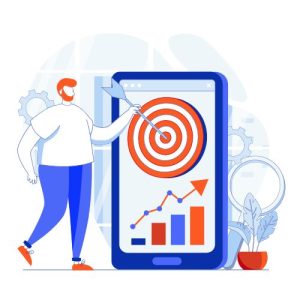
Data visualization is the process of transforming raw data into visual representations. This can include pie charts, bar charts, and line graphs, but it can also involve creating interactive visualizations that allow users to interact with the data themselves.
For example, you can put together interactive dashboards using tools like Tableau, and they’re a powerful way to communicate complex data.
7. Database Management
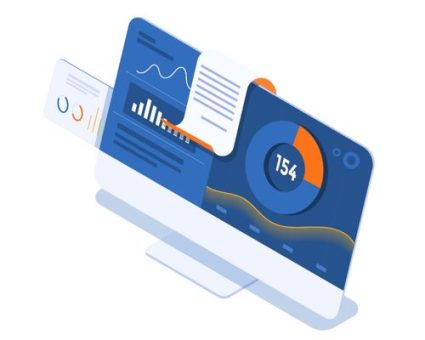
Database management is a catch-all term for data storage, retrieval, and manipulation. It can involve creating databases, migrating them between systems, or tuning them for optimal performance.
You can specialize in database management as a data scientist or as a database administrator. If you want to gain experience across a wide range of fields, consider a specialization in one of these areas.
Conclusion
The growth of data science is traveling at the speed of light. Although it offers lucrative job prospects, it can be difficult to decide which data science specialization to pursue.
You may be asking yourself: Which data science specialization is best for me? Or, which data science specialization is best for my career?
If you are wondering about your career path in data science, you should consider one of these seven data science specializations. All of these specializations provide you with a great foundation for gaining more skills and experience.

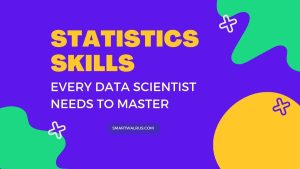
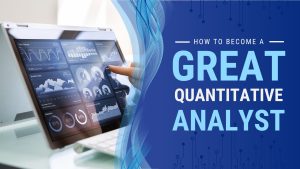
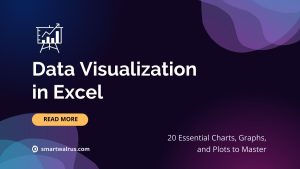
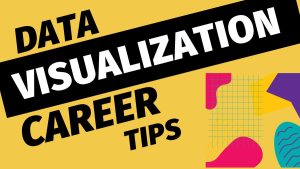
Related Data Analysis
25 Essential Data Science Tools
7 Reasons Why You Should Become a Data Scientist
How To Become A Data Analytics Manager
The Skills You Need To Master Data Science
7 Data Analysis Tools in Excel
What Is a Data Science Unicorn?
A Step-by-Step Guide to Becoming a Data Scientist
How Data Science Can Help Nonprofit Organizations